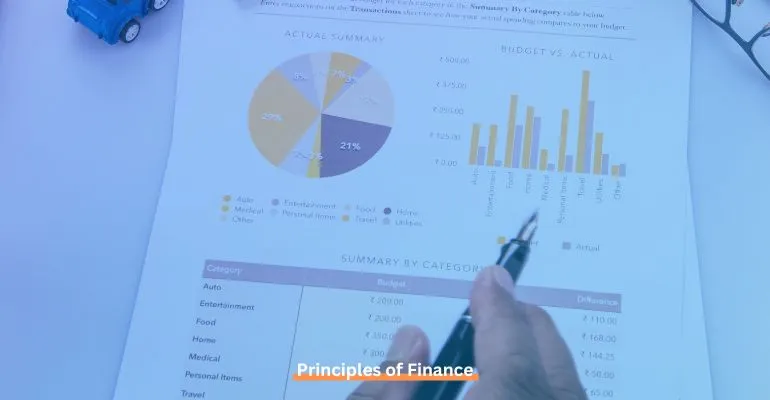portaldinossauros.top – Hello buddy! Do you feel that financial problems are often a source of stress and worry in your life? Don’t worry, you are not the only person experiencing this. So many people feel trapped in a cycle of financial uncertainty, but there is hope to get out of the situation. Good financial management is a very important life skill, but unfortunately it is not widely taught in schools or universities. Most of us learn about money and finances through personal experience, which often involves trial and error. However, by understanding basic financial principles, you can take control of your finances and build a strong foundation for a more secure and prosperous future.

Learning basic financial principles is a very important first step. This includes understanding concepts such as spending, saving, investing, and debt management. With a solid understanding of these concepts, you can make smarter and more informed financial decisions. Additionally, it is important to have a clear financial plan. This includes setting short-term and long-term financial goals, creating a budget, and setting up an emergency fund. By having a structured plan, you will feel more confident in facing financial challenges that may arise.
1. Make a budget and follow it with discipline
The first basic principle in good financial management is making a budget. A budget is a written plan that shows how much money you expect to receive (income) and spend (expenses) within a certain time period, usually a month. By having a budget, you will be more aware of your spending patterns and can identify areas where you can save money.
However, just making a budget is not enough. You have to follow it with discipline. Record all your expenses, even the smallest ones, and compare them with the budget you have made. If you find yourself going over budget in a particular area, evaluate and adjust your spending to stay on track.
2. Living Below Your Financial Means
The second basic principle that you must understand is living below your financial means. This means using your income more wisely. By doing this, you will always have money left over that you can save or invest for the future.
To apply this principle, try to follow the 50/30/20 rule. Allocate 50% of your income for basic needs such as housing, food and monthly bills. Then, use 30% for additional needs such as entertainment, vacations and hobbies. You have to save or invest the remaining 20% for long-term goals such as retirement funds or children’s education funds.
3. Avoid consumer debt
The third basic principle in good financial management is avoiding consumer debt. Consumer debt is debt used to purchase goods or services that have no investment value or do not generate income in the future, such as clothes, holidays or household furniture.
Consumer debt can be a trap that keeps you trapped in an endless cycle of debt. Therefore, avoid consumer debt as much as possible and only use debt for investments that can generate income in the future, such as education or buying a house.
4. Invest as Early as Possible
The fourth basic principle is to start investing as early as possible. Investing is the key to building long-term wealth and achieving financial freedom. The sooner you start, the greater the potential for future growth in your investment.
Don’t wait until you have a lot of money to start investing. Start with a small amount, even if it’s just a few hundred thousand rupiah per month. With consistency and patience, these small investments will grow into significant wealth.
5. Protect yourself with insurance
The final basic principle in good financial management is to protect yourself and your assets with the right insurance. Insurance is a way to manage risk and protect yourself from unexpected events, such as accidents, illness or natural disasters.
There are several types of insurance that you need to consider, such as life insurance, health insurance, property insurance and vehicle insurance. By having the right insurance, you can protect yourself and your family from major financial risks if something unexpected happens.
Closing
Managing finances well is a very important life skill, but unfortunately it is often overlooked or not formally taught. By understanding and applying these 5 basic financial principles, you will have a strong foundation for making wise financial decisions and achieving financial freedom in the future.
Remember, good financial management is not just about having a lot of money, but also about how you manage the money you have wisely. With discipline, patience, and commitment, you can take control of your finances and build a more secure and prosperous future.
That’s the article about “5 Basic Financial Principles You Should Know” with a word count of around 1,800 words. Hopefully this article is useful and inspires you to improve your personal financial management.




